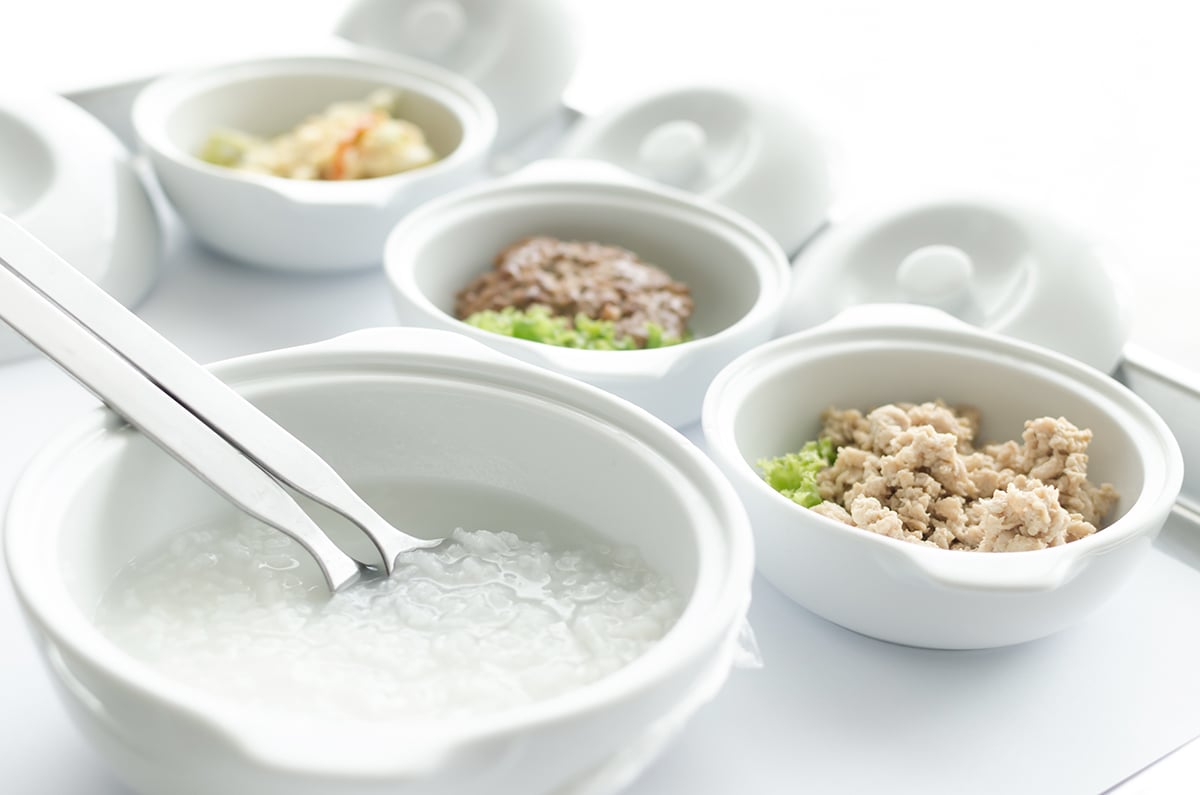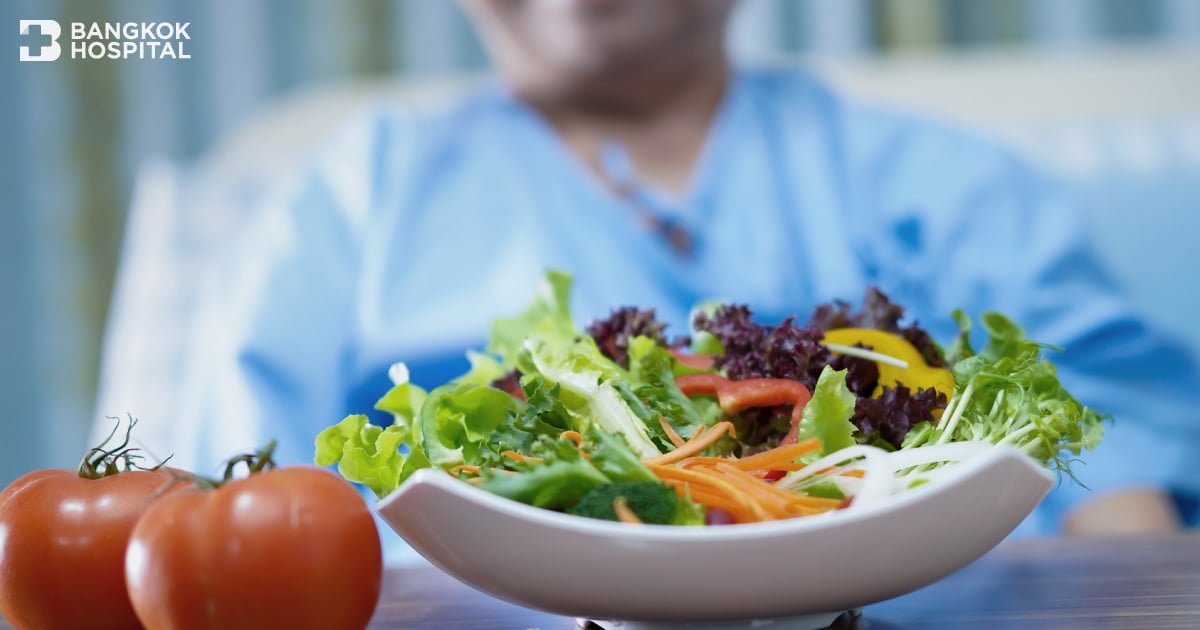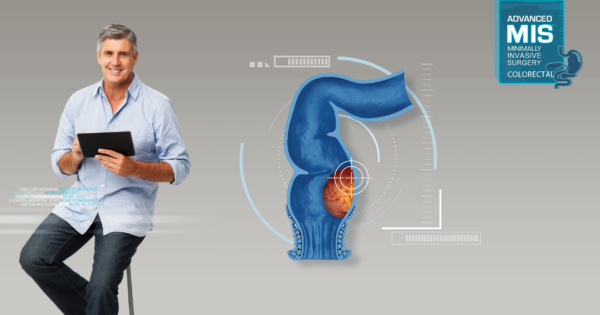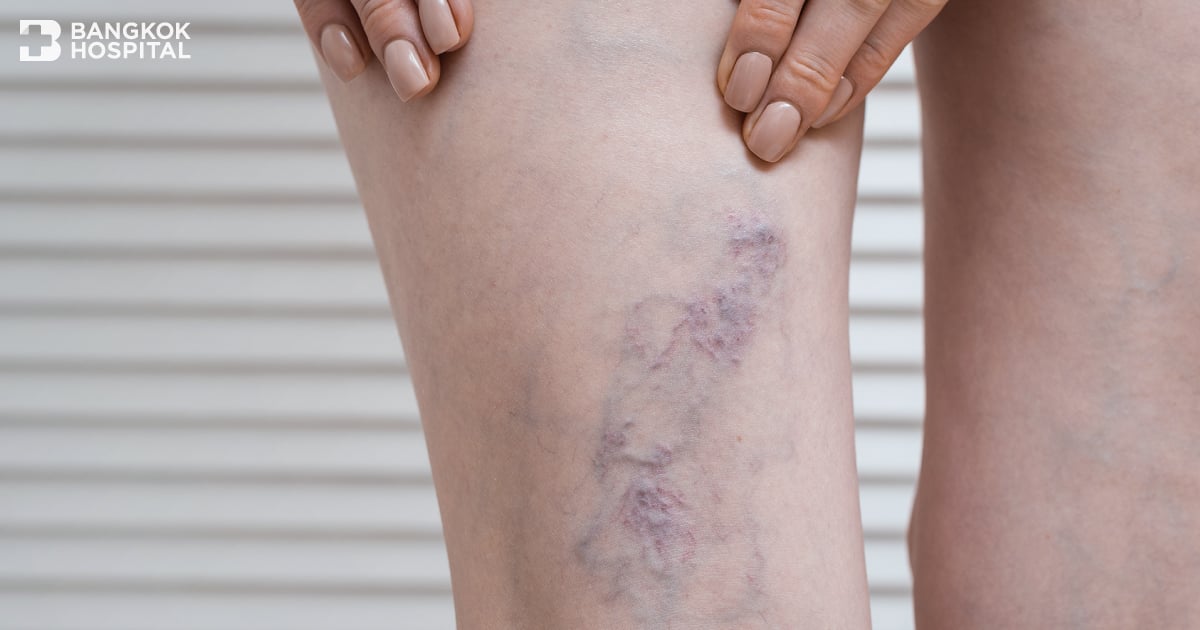Nutritional care plays an essential role in patients with abdominal and rectal diseases who need to undergo surgeries. The outcomes of major surgeries are directly associated with nutrition status prior to and after surgery. Integration of nutrition into the overall management of the patients provides several significant benefits, ranging from boosting immunity, enhancing wound healing process, minimizing undesired post-operative complications to shortening recovery time and hospital stay. In fact, proper nutrition can significantly promote early mobilization to facilitate protein synthesis and muscle function. Therefore, both before and after surgeries, it remains important to consume a balanced diet, including fruits, vegetables and whole grains as well as an adequate amount of proteins. Besides proteins, certain vitamins and minerals are vital to the wound healing process. As a major component of ERAS approach – Early Recovery After Surgery, nutritional management is a key to strive for the best possible treatment outcomes.
Nutrients for enhancing wound healing
Certain nutrients, e.g. protein, some vitamins, zinc and calcium have been postulated as beneficial to wound healing. Surgical incisions required in major surgeries, such as abdominal or rectal surgeries can be properly healed if these nutrients are given in appropriate amounts before and after operations.
- Protein: Protein is considered one of the main contributing factors to proper wound healing. Various amino acids obtained from a variety source of protein have been exhibited significant benefits on wound healing, including the activation of collagen synthesis, improving immune function and antimicrobial activity as well as enhancing blood flow by nitric oxide synthesis. The DRI (Dietary Reference Intake) is 0.36 grams of protein per pound (0.8 grams per kg) of body weight which is equal to 46 grams per day for the average sedentary woman (equivalent to 13 tablespoons of protein obtained from meat, fish and egg) and 56 grams per day for the average sedentary man (equivalent to 16 tablespoons of protein obtained from meat, fish and egg). These recommended amounts are usually enough to prevent protein deficiency. However, some patients may need additional amount of protein during surgeries. The appropriate amount required for each patient is evaluated by the doctor and dietician or nutritionist hinging primarily upon gender, age, muscle mass and overall health condition.
- Vitamin A, C, K and zinc: Vitamin A, C, K and zinc play a crucial role in wound healing while helping to control infections. In addition, eating foods with sufficient amount of vitamin K can substantially help blood clot formation, preventing excessive bleeding.
- Vitamin E: Vitamin E as a powerful antioxidant can protect cells against the effects of free radicals which cause cell damages and a broad range of diseases. Instead of dietary supplement pills, vitamin E should be adequately obtained from daily diets. Excessive amount of vitamin E can potentially impair blood clotting in the circulation, leading to undesired effects, particularly bleeding. In addition, iron is an essential element for blood production, therefore taking sufficient iron can be beneficial in order to compensate blood loss during surgery.
- Calcium and vitamin D: Calcium and vitamin D function together to protect the bones – calcium helps building and maintaining bones, while vitamin D allows the body to effectively absorb calcium. They also contribute to the health of the skin, blood and brain.
Healthy foods before surgery
Foods promoting good health include:
- Beneficial protein: e.g. fish meat, chicken or other meat with less fat, egg, tofu and dried nuts.
- Whole grains: e.g. brown rice, whole-wheat bread, adlay and mung bean.
- Vegetables: e.g. green leafy vegetables, carrot, broccoli and bell pepper or sweet pepper.
- Fruits: e.g. tangerine or orange, banana, papaya, strawberry, apple and berry fruits.
- Dairy products: e.g. milk, cheese and low-fat yoghurt
- Healthy fats: e.g. rice bran oil, olive oil, avocado oil and hard-shell nuts, such as peanut, cashew nut and almond.

Designing an appropriate recipe before surgery
Nutritional program before surgery for each patient will be thoroughly determined by the doctor highly specialized in nutrition therapy, hinging on surgical procedure and patient’s overall health status. Most of patients can regularly consume healthy foods before their elective surgeries. The American Society of Anesthesiologists recommends patients to fast from heavy or difficult-to-digest foods at least eight hours (often after midnight before their operations). During fasting period, only clear liquids are allowed, e.g. water, clear soup and non-acidic juice without fibers (apple juice and grape juice). It is extremely important for every patient to have an empty stomach before any surgery or procedure that requires anesthesia in order to prevent nausea and keep any food or liquid from getting into the lungs.
Proper nutrition after surgery
Apart from avoidance of long periods of preoperative fasting, re-establishment of oral feeding as early as possible after surgery acts as the key to achieve enhanced recovery after surgery (ERAS). Clear liquid diets are often given to the patients immediately after surgery if there is no sign of any abnormalities, e.g. abdominal pain, nausea and vomiting. Regular foods might be considered and resumed in the next few meals after clear liquid diets. Healthy foods after surgery should supply sufficient fluids and more energy while requiring very little digestion. In some cases, it is highly recommended to start of nutritional therapy early, as soon as a nutritional issue becomes apparent.
Malnutrition and surgery
Malnutrition is a known potential predictor of poor post-operative outcomes. In order to attain the best operative results, preoperative nutritional instructions are usually recommended for malnourished patients. These include taking high-energy foods and increasing eating frequency and quantity to 5-6 meals per day. In some cases, nutritional therapy, e.g. medical foods, enteral nutrition (via feeding tube) and parenteral nutrition (via intravenous administration) might be considered if oral feeding seems to be inadequate.
Criteria for malnutrition
Malnutrition is defined when at least one of these following criteria are present:
- Body mass index (BMI) < 18.5 kg/m2
- Unintentional weight loss in the last 6 months
- Noticeably less food consumption in last 1 week
- Having certain illnesses causing pre-existing inflammation in the body, such as Chronic obstructive pulmonary disease (COPD), end-stage renal disease (ESRD) undergoing continuous hemodialysis, diabetes, cancer and cerebrovascular diseases.
As one of the main components of ERAS, integration of nutrition into the overall management of the patients acts as a key to achieve the best possible surgical outcomes. Proper nutrition before and after surgery plays a crucial role in speeding recovery time, allowing a quick return to daily life and activity.
Reference:
Arved Weimann et al. ESPEN guideline: Clinical nutrition in surgery. Clinical Nutrition 2017; 36: 623-650.
Clinical Practice Recommendation for the nutrition management in adult hospitalized patients 2017. SPENT.
Dietary reference intake for 2020.






